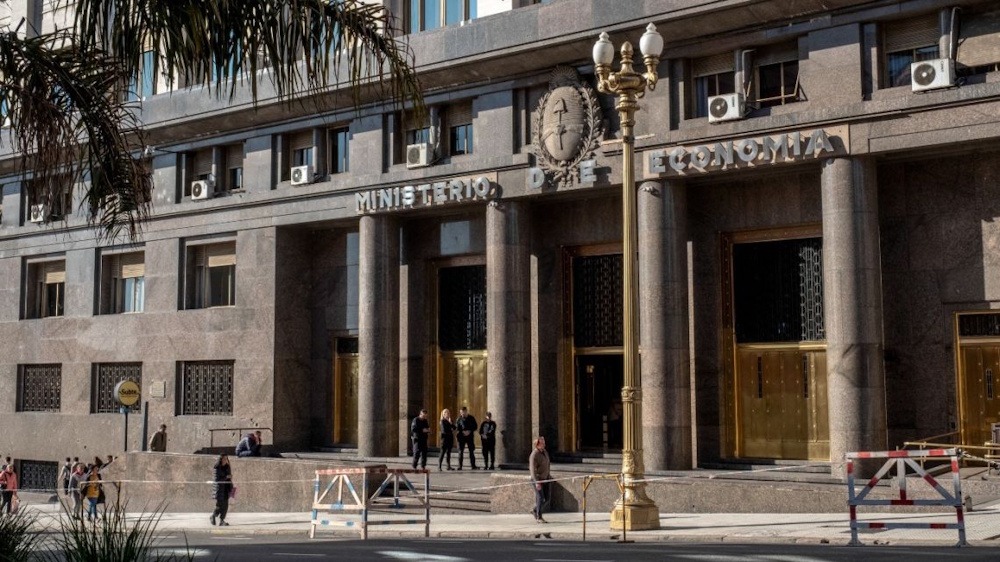Banks indicate that La Libertad Avanza’s success in the midterm elections presents a distinct opportunity for President Javier Milei’s Government to accelerate economic normalization, focus on acquiring international reserves, and adjust the exchange rate regime – or potentially liberalize it. Citibank, one of the entities through which the US Treasury purchased pesos to intervene in the Argentine market last week, anticipated some relief in local markets “particularly focused on the foreign exchange sphere” and remarked that “a definitive decision on the long-term exchange rate regime is still awaited.” However, it cautioned that decisions regarding the peso are improbable to materialize in the initial days following the election. “The government’s immediate priorities will likely encompass bolstering market confidence and obtaining Congressional support for critical microeconomic reforms,” Citibank stated in a report.
JPMorgan Chase & Co, which has participated in US-led discussions concerning new support from private institutions and hedge funds, indicated that the election has significantly transformed market expectations. “Argentina’s EMBIGD yield could fall by 440 basis points to reach the 10.2 percent low achieved on January 9, 2025, and would still remain 170 and 206 basis points above Egypt and Pakistan, respectively.” The bank indicates that Argentina’s country risk rating may average approximately 627 basis points, akin to the levels observed in January when government confidence peaked. The conditions seem conducive to a rebound in sovereign bonds. US support is expected to strengthen the recovery. JPMorgan indicated that Argentine assets are not only supported by the political outcome, but also that the promised backing from the US suggests further concrete measures to stimulate demand for dollar-denominated bonds, which may include potential buybacks.
Barclays stated that the outcomes of the election offer “an opportunity to liberalise the exchange rate and announce a reserve accumulation programme from a position of strength.” La Libertad Avanza and its affiliates garnered 41% of the national vote, surpassing the opposition Peronist coalition Fuerza Patria and its partners by a margin of nine points. Analyst Iván Stambulsky characterized the performance as “a major surprise” that diverges from market expectations, noting that this is already evident in “higher asset prices.”
Bank of America released a positive assessment regarding the nation’s economic prospects in the wake of the legislative elections. The outcome was characterized as “a decisive legislative victory” for President Milei, which “strengthens his position in Congress and increases the likelihood of structural reform.” Accordingly, it sustains a positive outlook on the Argentine peso through local BONCER bonds and anticipates a significant rally in external debt in the near future. The bank asserts that the government currently possesses the necessary backing to advance significant reforms and contends that the real exchange rate is not as overvalued as commonly perceived. “Strong backing from the US Treasury will probably accelerate new economic measures, including the floating of the peso, reserve accumulation, and a more hands-on management of interest rates,” stated Bank of America.

